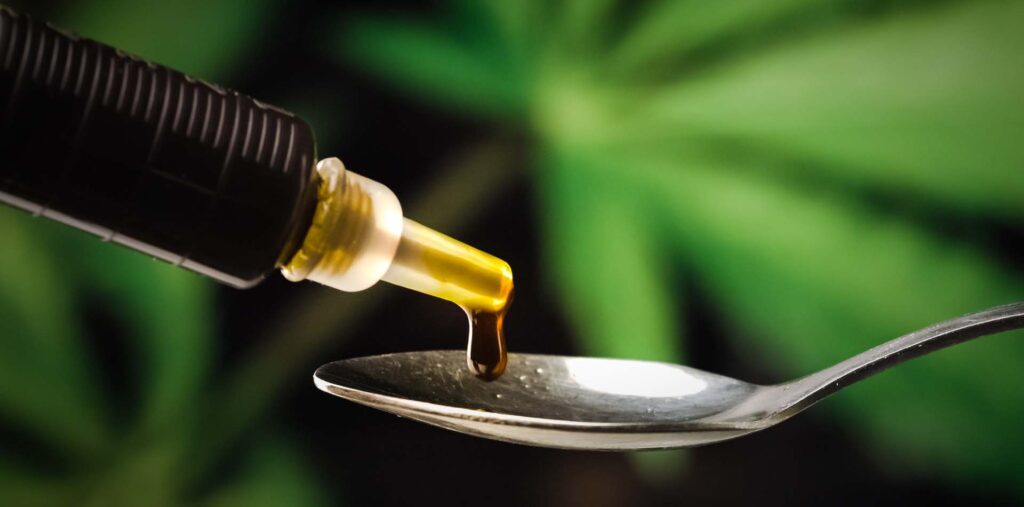Is RSO Stronger Than Wax? Debunking the Myth
In the dynamic world of cannabis concentrates, enthusiasts are often on the hunt for the most potent and effective products. Two popular options that frequently find themselves in the spotlight are RSO (Rick Simpson Oil) and wax. Both boast unique characteristics, but a persistent question lingers: is RSO stronger than wax? Let’s delve into this debate and separate fact from fiction.
Understanding RSO and Wax
Rick Simpson Oil (RSO)
Rick Simpson Oil, named after the cannabis activist Rick Simpson, is a highly concentrated cannabis extract made from a specific strain of the plant. The process involves using solvents like ethanol or isopropyl alcohol to extract cannabinoids, resulting in a dense, dark oil. RSO is renowned for its high THC content, making it a popular choice for medicinal users seeking potent relief from various ailments.
Wax
Wax, on the other hand, is a type of cannabis concentrate known for its texture and consistency. It derives its name from its wax-like appearance, which can range from brittle and crumbly to softer, more pliable consistencies. The production of wax typically involves the use of butane or CO2 to extract cannabinoids and terpenes from the plant material.
Potency: RSO vs. Wax
Determining the potency of RSO and wax can be a bit complex due to the variability in extraction methods, starting materials, and cannabinoid profiles. However, in general terms, RSO tends to have a higher THC concentration compared to most wax varieties.
RSO commonly boasts THC levels upwards of 90%, making it one of the most potent cannabis products available. In contrast, wax can range from 50-80% THC concentration, depending on factors like strain, extraction method, and purging process.
Entourage Effect
While THC content is a crucial factor, it’s essential to consider the entourage effect. This phenomenon suggests that cannabis compounds work synergistically, enhancing each other’s effects. RSO, being a full-spectrum extract, contains a wider array of cannabinoids, terpenes, and other beneficial compounds, potentially providing a more comprehensive therapeutic experience.
Wax, depending on the extraction process, may retain a portion of these compounds, but typically in lower concentrations compared to RSO.
Consumption Methods
Another aspect to consider when comparing RSO and wax is their respective consumption methods. RSO is primarily ingested orally or used topically. It is not intended for vaporization or smoking due to the residual solvents and impurities that may be present.
Wax, on the other hand, is versatile and can be vaporized, dabbed, or even sprinkled on a joint or bowl. This provides a range of options for users looking for different consumption experiences.
The Verdict
So, is RSO stronger than wax? In terms of THC concentration, RSO generally takes the lead. However, it’s crucial to remember that potency is just one factor to consider when choosing a cannabis product. The entourage effect and preferred method of consumption should also influence your decision.
Ultimately, the “stronger” choice depends on individual preferences and desired effects. Medicinal users seeking high THC concentrations and a full-spectrum experience may find RSO to be their top choice. Those looking for a versatile concentrate for dabbing or vaporizing might opt for wax.
In the end, it’s essential to consult with a knowledgeable budtender or healthcare professional to determine which product aligns best with your specific needs and preferences. Remember, cannabis affects everyone differently, so finding the right option for you is a personal journey.
You Might Also Like This:

